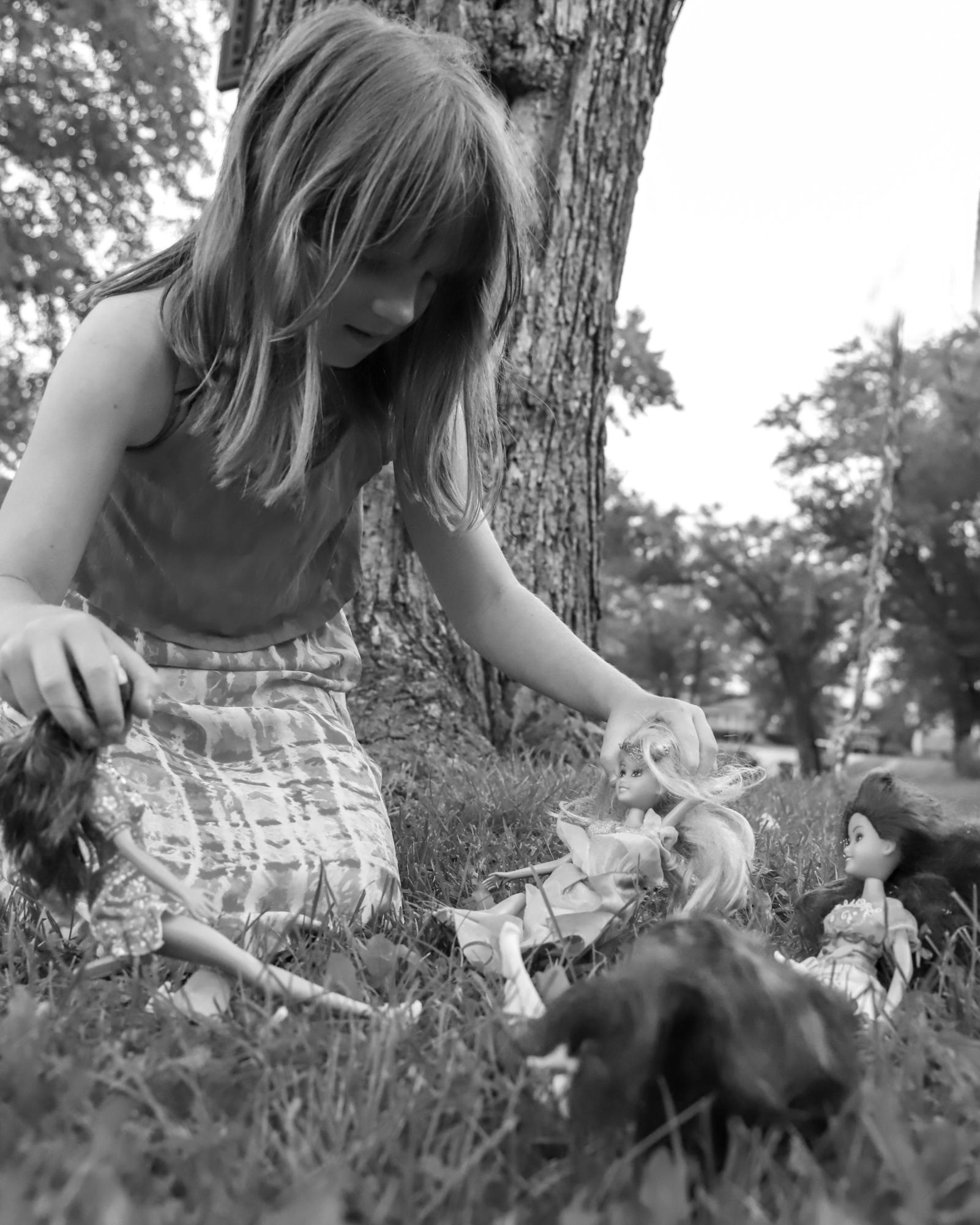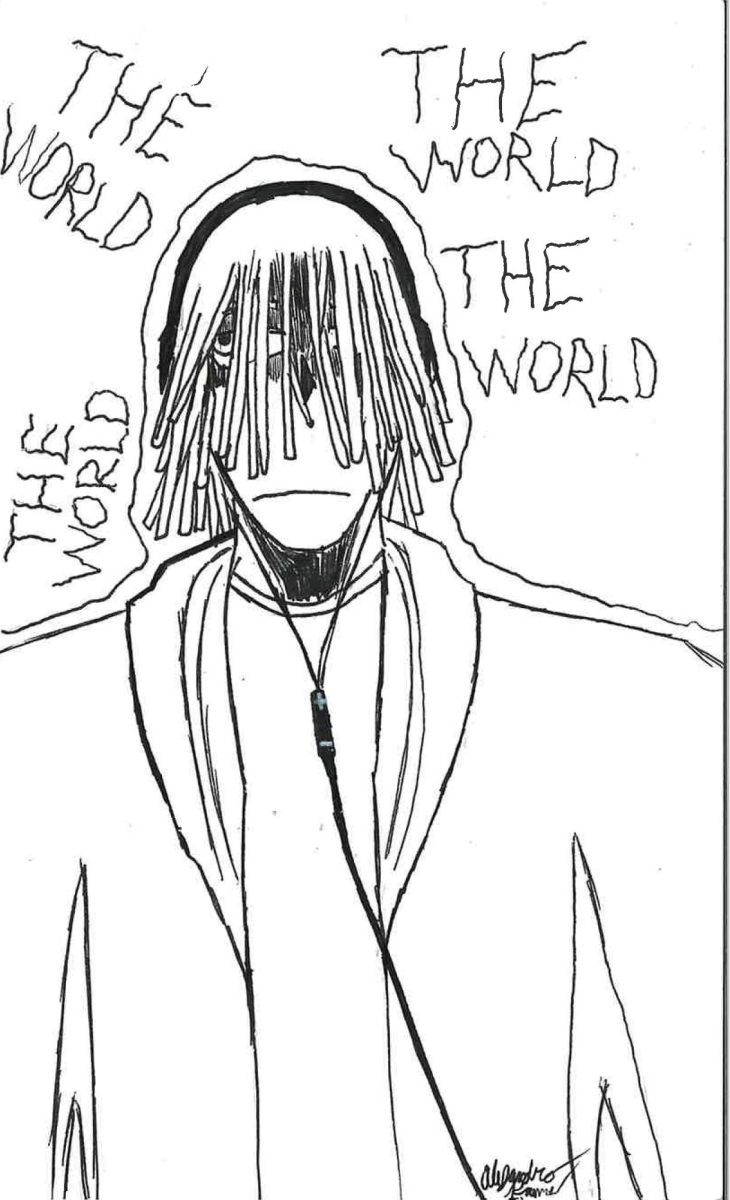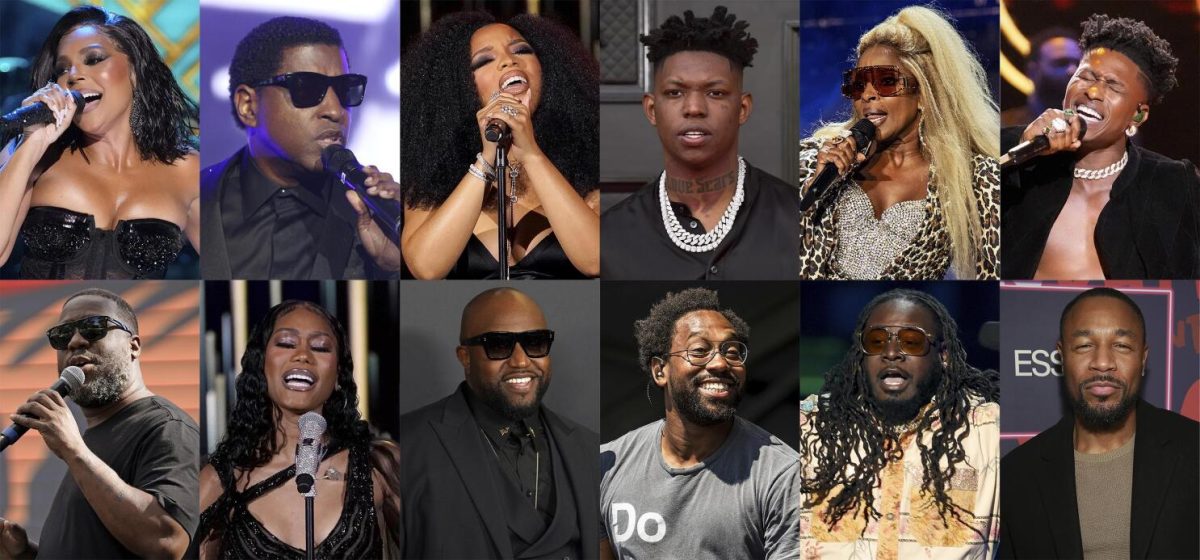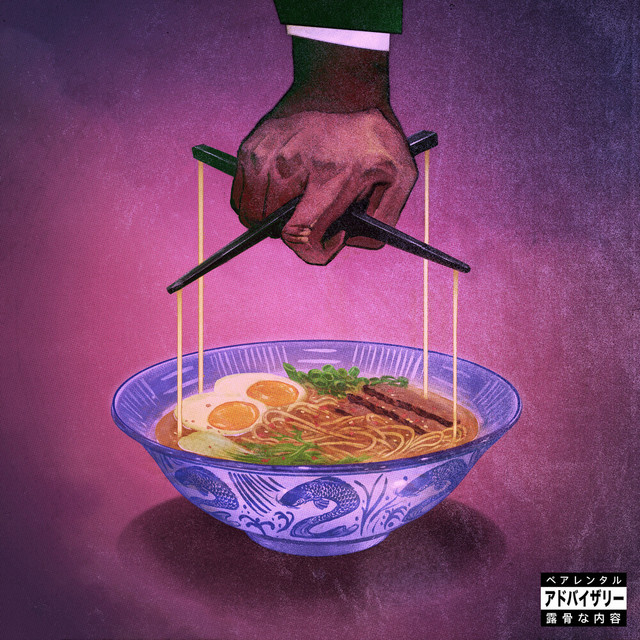The “Barbie” movie came out on July 21. Since then, the world has been painted pink.
Making over $1 billion according to People Magazine, the film has made record-breaking success in the past few months. But more than that, the movie has shifted the ways that we see and value womanhood.
Directed by female director Greta Gerwig, the movie follows Stereotypical Barbie (Margot Robbie) and Ken (Ryan Gosling) on their venture from Barbie World to the real world. After Barbie notices imperfections start to emerge within herself such as flat feet and cellulite (body fat), she spirals into an existential crisis and grows determined to find a cure. Her journey leads her on a road of self-discovery.
Exploring themes of feminism, identity and breaking patriarchal societal norms, the movie has surely proven to be a cultural precedent.
The entire movie echoes empowerment.
It reinforces the idea that women have the power to choose who and what we want to be. Women are often put in a box as to what career paths we’re meant to follow, but the creator of Barbie, Ruth Handler, created Barbie to exemplify the idea that women can partake in all jobs regardless of the gender associated with them. This can be seen in all of the different types of Barbies that are based on different occupations. In the case that a woman might want to break out of her “mold” and be a firefighter, businesswoman, pilot, or anything under the sun, it does not invalidate her femininity, rather it enhances it. We are more than capable of writing our own narratives.
Everyone hears Barbie and Ken and sees them as this perfect dynamic duo and an admirable couple. However, in the film, Ken is shown as a clingy side character whose job is simply “beach” and lives simply to try and win over Barbie’s heart. Once Ken and Barbie go to the Real World, however, Ken learns about the patriarchy and how the world is not a woman-run place like in Barbie Land. He comes out of that experience with these ideals and tears apart all the things that the Barbies have worked so hard to create. Though, in the end, both parties realize that we all rely on each other to keep society withstanding, and there is no superior sex. This reinforces the fight for gender equality; no side can survive without the other.
Also, the fact that Barbie didn’t need Ken shows that us females don’t need to count on a man in order to feel fulfilled or to be successful; we can do that all by ourselves. A male figure is simply an extension of our happiness.
Additionally, the greater collective of us often focuses on the negative aspects of what it means to be a woman, such as menstruating, not fulfilling beauty standards, gender stereotypes and so much more. We dwell on our hardships so much that it prevents us from seeing the beauty of the female population; the movie helps to shed light on that.
It romanticizes being a girl in the sense that it unifies us. In Barbie Land, they have girls’ nights every night where they just enjoy each other’s company and do all of the “girly” things with each other. On the flip side of that, when Barbie ventures into the Real World, she comes across an old woman at a bus stop bench and is able to admire her beauty regardless of fitting the beauty stereotype of being young. This was a memorable moment in the film as it shows Barbie’s initial reaction to an elderly woman after going her whole life without seeing the effects of age. Despite this, Barbie embraces aspects of womanhood that we’ve been conditioned to fear.
A reflection of this theme can be seen in the “Girlhood” TikTok trend that has been popularized since the movie dropped. These short videos are montages of mostly teen girls highlighting the beauty of female friendship. This further romanticizes the girl experience.
One of the highlights in the movie is when Gloria (America Ferrera) recites a monologue focused on the double standards that have been made agonizing for women to combat. Through her spiel, she also speaks of wanting to challenge gender norms.
“You have to never get old, never be rude, never show off, never be selfish, never fall down, never fail, never show fear, never get out of line. It’s too hard! It’s too contradictory and nobody gives you a medal or says thank you! And it turns out in fact that not only are you doing everything wrong, but also everything is your fault,” she said.
Through the “Barbie” movie, women were able to feel validated in their feelings of concern about the struggles of being a woman. It helped to instill a sense of appreciation and pride in us for who we are and for the effort that we’ve put in to get where we are that goes unnoticed. Not to mention, it breaks the stigma that all women must play the part of the ingénue.
The truth is girls, we’re all Barbie. I’m Barbie, you’re Barbie, and hopefully the Barbies of the next generations do even more.







